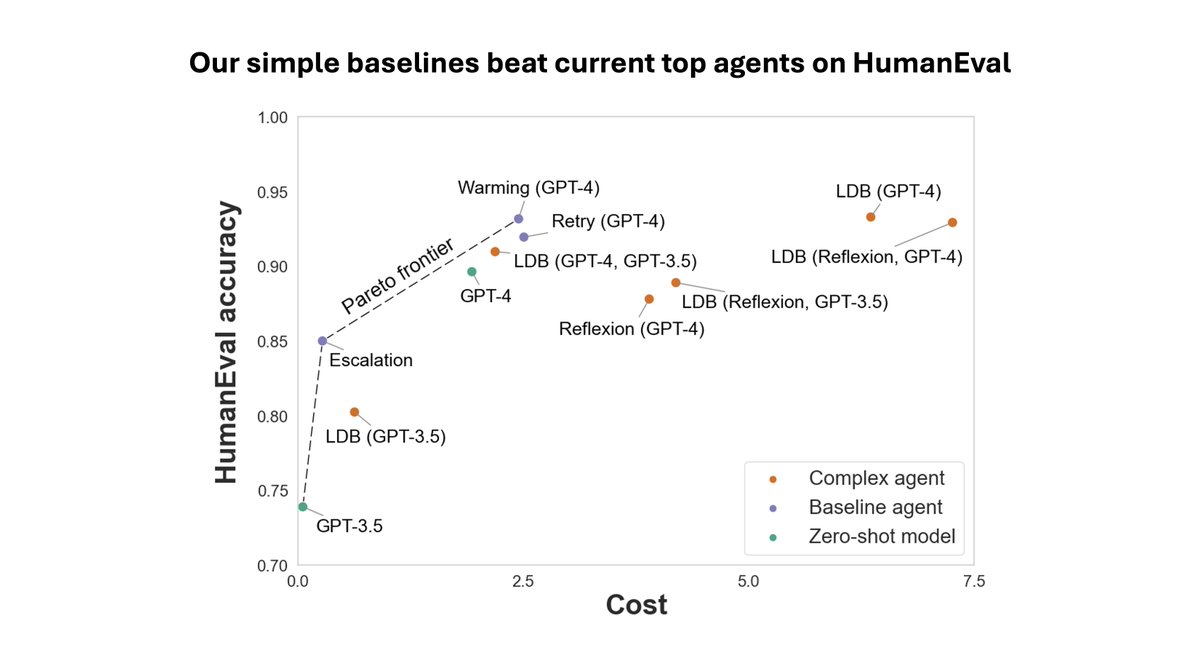Were you told that successful researchers must constantly "keep up" with research in their fields? In my experience, that's both stressful and inefficient to the point of being useless. New papers may be released every day but actual knowledge doesn't accumulate at that rate.
Paying too much attention to the so-called cutting edge of research leads to a loss of perspective and results in incremental work more often than not. If you want to do foundational research, it probably doesn't rely on a preprint that was released last week.
Here's the process I've used for about 10 years. When I see a new paper, I put it in a big list organized by topic. I don't read it right away. Once in a while, I notice that a collection of papers on a topic have resulted in meaningful progress, and I read the papers together.
By reading papers in groups, it's easier to tell which are truly significant. Flaws/limitations become clear. Terminology gets refined over time. The best description of a paper may be in follow-up work.
I've found this process more rewarding and builds deeper understanding.
I've found this process more rewarding and builds deeper understanding.
• • •
Missing some Tweet in this thread? You can try to
force a refresh










